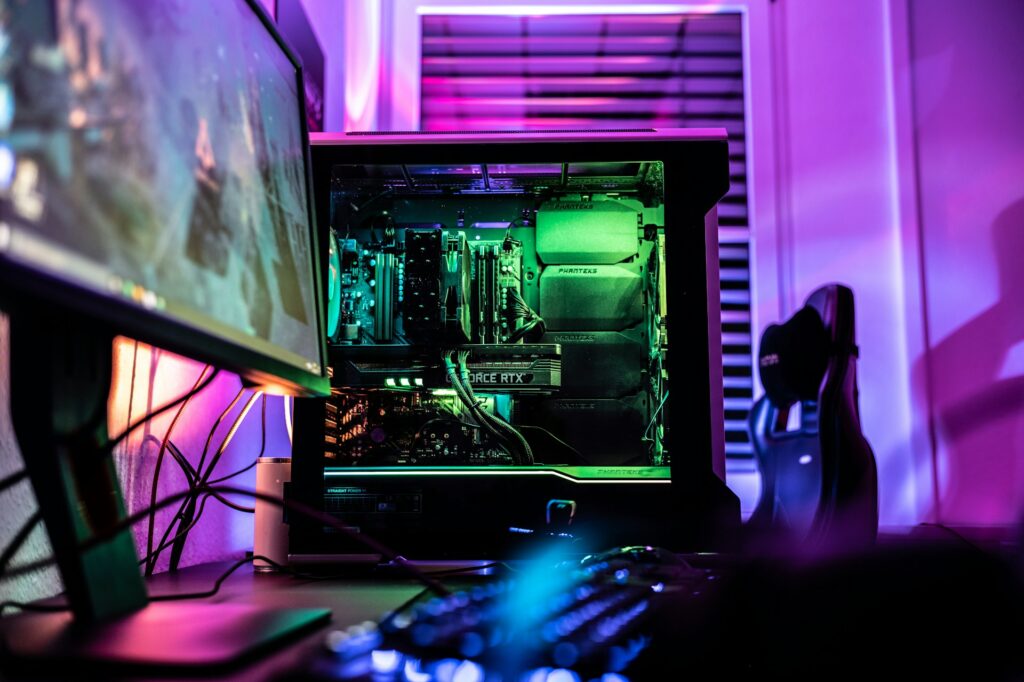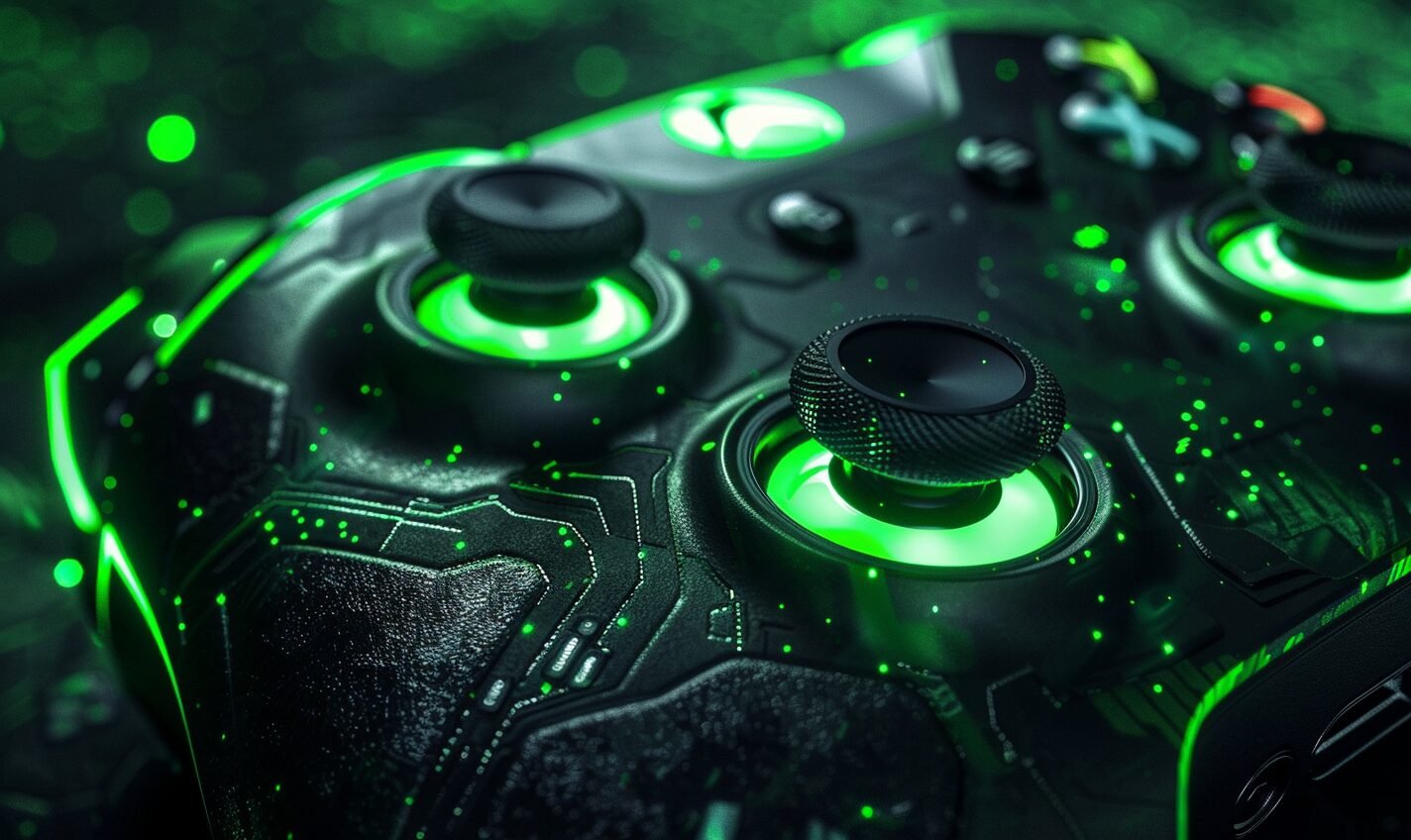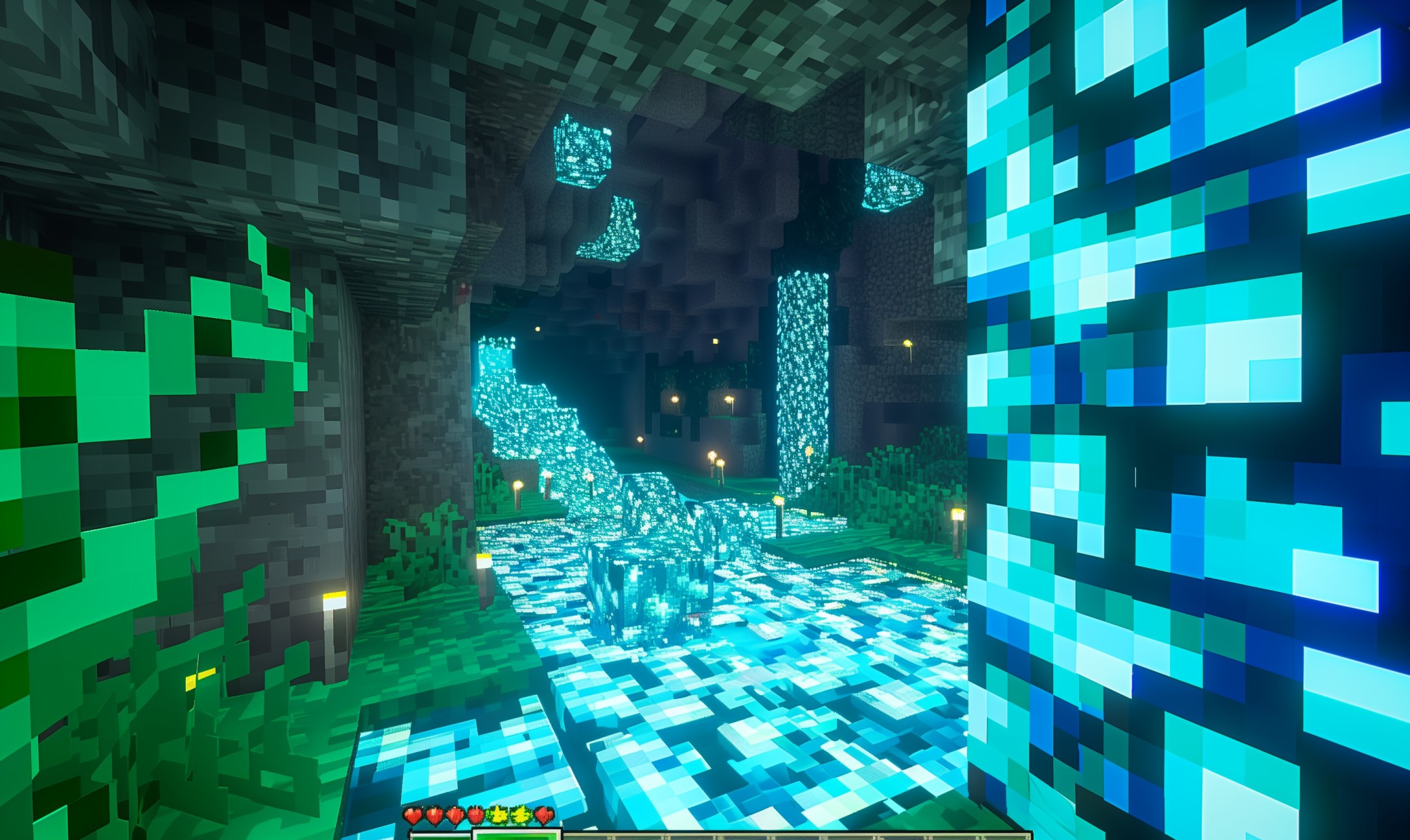Is gaming a sport? It’s a question that many people argue about, especially with the rise of competitive gaming tournaments and professional teams that duke it out to win enormous cash prizes. Here’s a quick look into the world of gaming and eSports.
Is Gaming a Sport by Definition?
Video gaming, by definition, is any entertainment activity that involves playing on a console, mobile device, handheld or PC. It’s a popular hobby and pastime enjoyed by millions worldwide. There are video game genres for every player and they can choose between solo or cooperative gameplay based on their preference.
On the other hand, competitive gaming involves players or teams playing against each other for the top spot and a prize. Professional gamers can enter competitions and tournaments in solo or team divisions to see who is the best in a specific category or video game.
Over time, competitive gaming became known as eSports or electronic sports and drew millions of viewers in 2020. Forecasts show there will be a significant increase in eSports viewership due to its growing popularity. Over 215 million people watched eSports competitions in 2020 and the viewership may to grow to over 318 million by 2025.
Although gaming is not a sport by any traditional or even contemporary definitions, the lines are starting to blur with the proliferation of professional teams and tournaments. The industry draws more fans and enthusiasts willing to pay to see their favorite players and teams compete. The scene resembles traditional competitive physical sports like football, baseball, basketball, etc.
The Rise of eSports
A sport is an activity that involves physical exertion and skill where a player or a team competes against others for entertainment. In addition, a particular sport has to have the following criteria:
- Physical exertion
- Skill
- Competition
- Entertainment value
eSports could potentially be a sport after meeting all the requirements. Although many people argue about the physical aspect of eSports, evidence shows otherwise.
The Physical Side of Competitive Gaming
Elite gamers belonging to teams or under professional management play in highly competitive tournaments and leagues. They play against the best players in the gaming community on national and international stages. They must train to be in their best condition and exhibit their hard-earned skills.
Professional players and teams undergo physical training and conditioning to keep up with the rigors of competitive gaming. Many teams have their own physicians and therapists to cater to players and oversee the improvements in their reaction times, endurance, agility etc.
Like any other athlete in competitive physical sports, pro gamers also suffer injuries due to excessive exertion and other factors. The most common are eye, neck, back and hand problems that affect their ability and performance. Some injuries are so severe they can cut careers short.
Skills Needed to Become an eSports Player
Aside from the physical requirements, players must possess mixed skill sets to be considered elites. Some of these include the following:
- Hand-eye coordination: Players must create precise input via specialized peripherals to be effective in almost all competitive video games. Hand-eye coordination skills can sometimes be the defining factor in action games, first-person shooters (FPS), role-playing games (RPG) and platformers.
- Fast-twitch reflexes: The best eSports players competing in FPS tournaments like Counter-Strike: Global Offensive, Valorant and Overwatch develop fast-twitch reflexes to place accurate shots and win decisive rounds.
- Decision-making: Single and coop competitive video games require players to practice making sound decisions to repel counter opponent plays and attacks. This skill comes in handy, especially during objective-based rounds.
- Strategic thinking: Professional teams rely on the ability of every member to best the other team in cooperative matches. Strategic planning and execution require members to stick to their roles and use game IQ and teamwork to best their opponents.
- Mental agility: eSports players play intense matches during tournaments. This typically requires them to stay on their feet and make quick calculations on the fly. Mental agility helps them react to opponent plays better.
- Solid communication skills: Teamwork is essential in cooperative league games. Every member has a specific role. Therefore, they need to communicate effectively to put game plans together. Achieving team synergy demands solid communication skills from all members.
High Risk, High Reward Competition
Competitive video game tournaments are the pinnacle of eSports. Elite players from all over the world battle it out to vie for prestige, honor and fortune. In 2022, the eSports industry was valued at US $1.45 billion as fans continued to root for their favorite teams.
eSports has become a major global spectator phenomenon, filling arenas with fans and players alike. So much so that stadiums are being built worldwide to accommodate the growing fanbase. The Toronto eSports Arena in Canada can accommodate up to 7,000 guests and is set to open in 2025 on a US $500 million budget. China’s Three Gorges Harbor eSports Stadium — built in 2018 — can hold up to 6,000 spectators, while the Dundee eSports Arena in the UK can fit over 4,000 fans when it opens in 2024.
The competitive gaming scene is enjoying the limelight and shows no signs of slowing down. Saudi-backed eSports tournament organizer Gamers8 awarded US $45 million in prizes to winners across 10 different tournaments. Thousands of fans attended the eight-week event to watch matches from well-loved titles like Dota 2, Rocket League and FIFAe. The tournament surpassed the US $40 million record set by Dota 2 International in 2021.
The pressure is on for elite eSports players as the global gaming community follows their every move. The top prize will go to the best team and so will all the glory and fame. It’s no wonder some professional teams train up to 12 hours daily to maintain their edge. Professional players invest their time and effort into honing their skills and game sense to reach the top spot in their respective categories.
Is Gaming a Sport? Final Verdict
Is gaming a sport? No, not yet. While it is a physically taxing feat for players and a highly entertaining and competitive activity with tremendous skill requirements, gaming is still not a sport. However, it’s certainly shaping up to be one.
As modern definitions get updated and more fans flock to competitive gaming tournaments and events, competitive gaming may one day be a widely accepted and recognized sport where players’ skills, competitive spirit and dedication to the game are measured on a global stage.
Recent Stories
Follow Us On
Get the latest tech stories and news in seconds!
Sign up for our newsletter below to receive updates about technology trends














